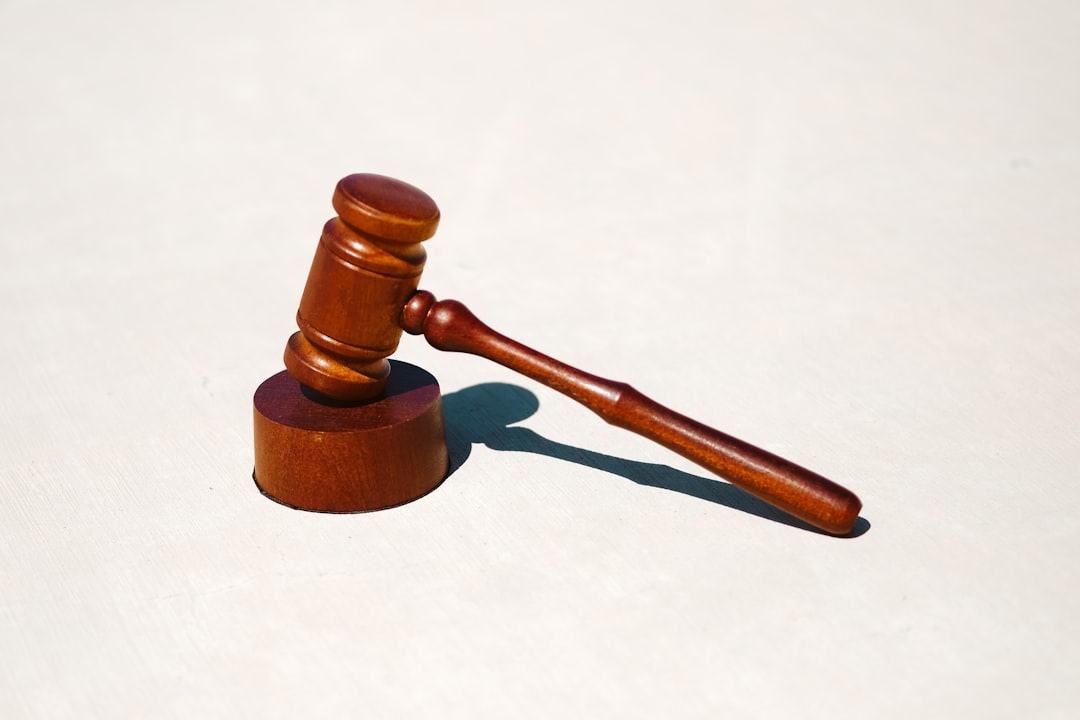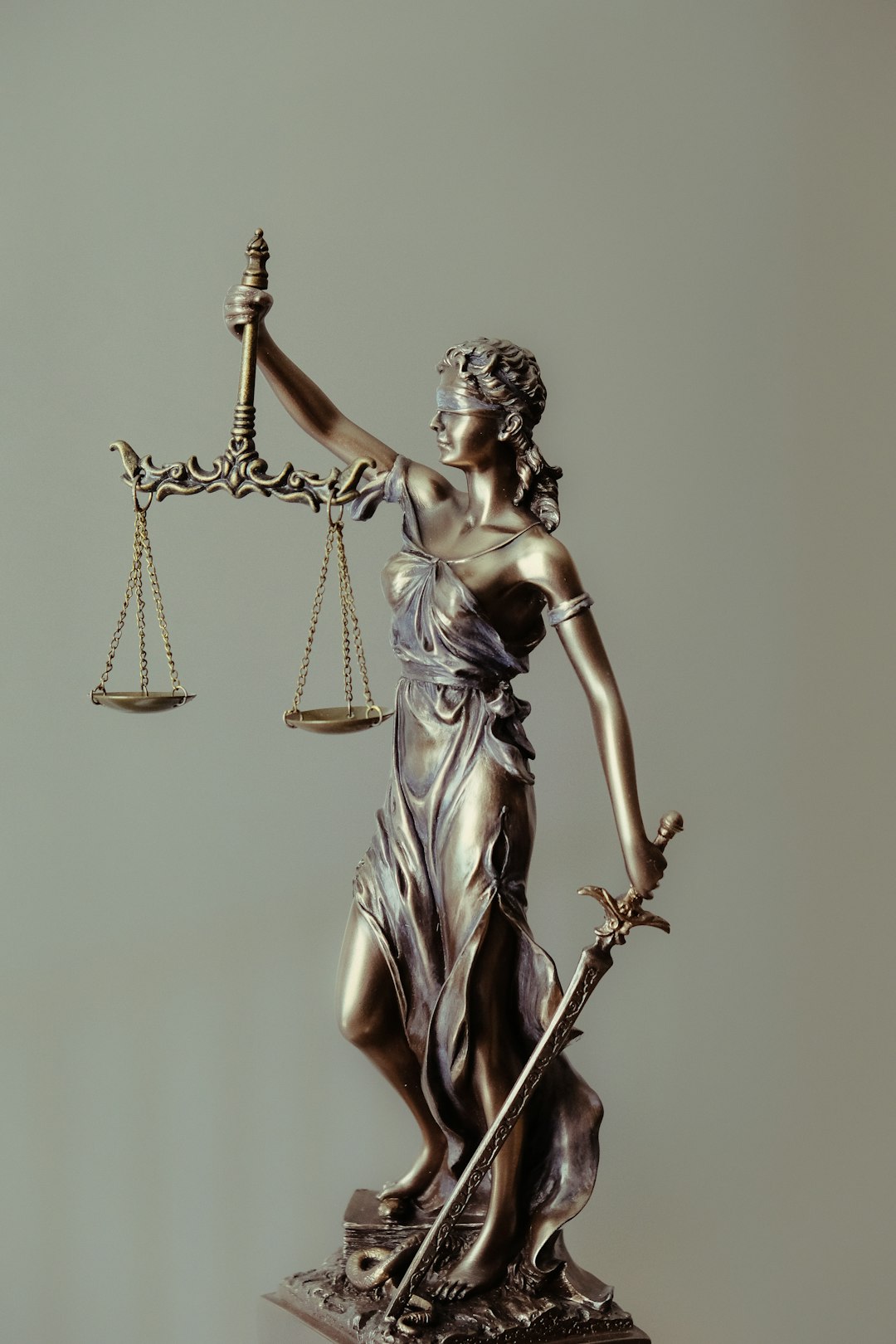In Hudson County, grand juries, composed of community members, play a crucial role in deciding whether to indict individuals for sexual assault, with a focus on evidence review and witness testimonies. A rape lawyer in Jersey City, NJ, is integral during this process, ensuring the rights of both the accused and the victim are protected while striving for justice.
In Hudson County, understanding Grand Jury procedures for sexual assault cases is crucial for both victims and accused. This comprehensive guide delves into the intricate workings of grand juries, shedding light on their role in handling sensitive matters. We explore the specific steps for presenting sexual assault cases before these panels, emphasizing the rights of all parties involved. Furthermore, we dissect the legal implications post-grand jury decisions and highlight the strategic assistance a rape lawyer in Jersey City, NJ can provide in navigating subsequent legal landscapes.
Grand Juries in Hudson County: An Overview
In Hudson County, grand juries play a crucial role in the criminal justice system, especially for sexual assault cases. These panels of citizens, selected from the community, are empowered to investigate and decide whether there is enough evidence to indict an individual for a crime, including rape. The process begins with the selection of 23 members, ensuring diversity and representation from various backgrounds. This democratic approach ensures that decisions are made by those who reflect the community they serve.
Once sworn in, the grand jury receives evidence presented by prosecutors, who must prove beyond a reasonable doubt that a crime has been committed. For rape cases, this includes medical reports, witness testimonies, and any physical evidence. The jurors deliberate, questioning witnesses and reviewing evidence to reach a unanimous decision. If they find sufficient proof, an indictment is returned, leading to a trial where a rape lawyer in Jersey City, NJ, may represent the accused or the victim, ensuring justice is served.
– Understanding the role and function of grand juries
In Hudson County, as in many jurisdictions across the United States, grand juries play a crucial role in the criminal justice system, particularly in sexual assault cases. A grand jury is a panel of citizens chosen to consider evidence presented by prosecutors and decide whether there is enough basis to indict a suspect for a crime. Unlike trial juries that determine guilt or innocence during a trial, grand juries focus on whether there’s probable cause to charge an individual with a felony, including serious offenses like rape, as defined by a rape lawyer in Jersey City, NJ.
Their function is to ensure that accusations of serious crimes are well-founded and supported by sufficient evidence before the case proceeds to formal charges. This process helps protect both the rights of the accused and the interests of the community. Grand juries operate behind closed doors, encouraging frank discussion and deliberations without public pressure or influence, which is essential when dealing with sensitive matters like sexual assault cases.
– How they operate and the process involved
In Hudson County, grand jury procedures for sexual assault cases operate as a crucial step in the criminal justice system. A grand jury is a group of citizens selected to review evidence presented by prosecutors and determine if there’s sufficient cause to indict a person for a crime, including sexual assault. The process involves multiple meetings where witnesses testify, and evidence is examined. A rape lawyer in Jersey City, NJ, often plays a critical role in this phase by ensuring the rights of their client are protected, cross-examining witnesses, and presenting any relevant legal arguments or mitigating factors.
The procedure begins with the prosecutor submitting an indictment to the grand jury, outlining the charges against the accused. The grand jury then deliberates in secret, considering all evidence presented. If a majority of jurors find there’s probable cause, they return an indictment, leading to a formal arrest and trial. This process aims to balance public safety with ensuring due process for the accused, particularly in sensitive cases like sexual assault.






